Can Chihuahuas Drink Milk? [Feeding Guide!]
Calcium is important for a healthy body. Milk, in particular, has high levels of calcium and can strengthen bones over time; it also improves cardiovascular health as well cancer prevention properties!
When considering the health benefits of drinking milk, it is easy to see many people include them in their meal plans. But what about Chihuahuas? Is milk safe to drink for chihuahuas?
Milk is a safe treat for your dog in modest amounts. A few tablespoons of cow’s milk or goat’s milk once in a while can be a wonderful treat for your dog without the risk of overindulgence. However, it’s also high in fat and natural sugars, which could lead to obesity in your dog if he drinks too much of it. That’s why we recommend feeding him limited amounts of this type of treat.
In this blog post, we will take a look at the nutritional benefits of milk, discuss lactose intolerance in dogs, and why you should feed milk only in moderation.
Nutritional Benefits of Milk
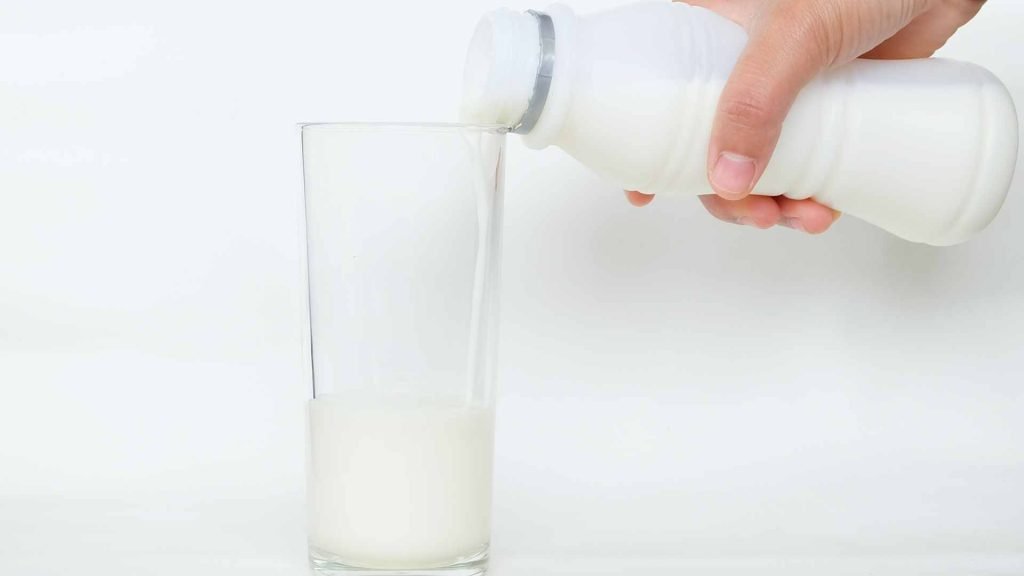
Milk is high in calcium, phosphorous, vitamin A and protein. When equal amounts of whole milk are compared with beef, fresh mozzarella cheese, cheddar cheese, yogurt, or tuna with mayonnaise, it was found that milk has more calcium per serving than the other five options.
Additionally, milk is high in potassium, vitamin B-12, riboflavin, and phosphorus. Just one serving of milk provides more than 10 percent of the daily recommended value of calcium, which can improve your dog’s bone development as he grows up.
Lactose Intolerance in Dogs
Milk contains lactose, a natural sugar found in milk. Lactose is also known as “milk sugar” because it’s the primary carbohydrate of milk. It’s made up of two smaller sugars, glucose and galactose.
You may have heard the term lactose intolerance before. It’s a condition that affects humans and means they can’t properly digest lactose, the sugar found in milk. It’s possible for dogs to have this type of intolerance as well, even though it’s less common in them than it is in people.
How to Tell if your Chihuahua is Lactose Intolerant
Most dogs are lactose intolerant to varying degrees. That means that if your dog ingests some milk or other dairy product, he may have diarrhea, vomiting, and other gastrointestinal issues.
Other side effects of milk for lactose intolerant dogs are:
- Gas
- Flatulence
- Abdominal pain
- Cramps
These symptoms may vary by dog, and some dogs may experience more intense signs of lactose intolerance than others. You can usually figure out if your Chihuahua is lactose intolerant by giving him a small amount of milk and watching him for the next 24 hours for any signs of discomfort.
If you notice your dog has symptoms like this when he drinks cow’s milk, it likely means that he does have a degree of lactose intolerance. However, there are some dogs who can digest milk without any adverse side effects.
When your dog is having a bad reaction to a treat you normally give them once in a while, it could be the result of lactose intolerance. While most dogs have this condition to some degree, small amounts of milk in moderation are generally safe for them.
If your Chihuahua is lactose intolerant you need to be very careful about the types and amounts of dairy products you feed him or give to him as treats.
Precautions
Milk is a safe treat as long as your dog doesn’t have any health problems that could predispose him to lactose intolerance.
If you notice your dog having bad diarrhea or vomiting for several hours after drinking milk, talk to your veterinarian. They can confirm if your canine companion is lactose intolerant and prevent him from ingesting too much of it in the future.
In addition to this condition, some dogs can be allergic to dairy products. In those cases, giving your pup milk could cause him to have an allergic reaction. If you notice your dog having respiratory problems, trouble breathing, or other signs of an allergy when he drinks milk, it’s best to keep this treat away from him.
However, most adult dogs can usually drink at least a little bit of cow’s milk without experiencing any adverse side effects beyond some mild intestinal upset.
How Much Milk Can Dogs Drink?
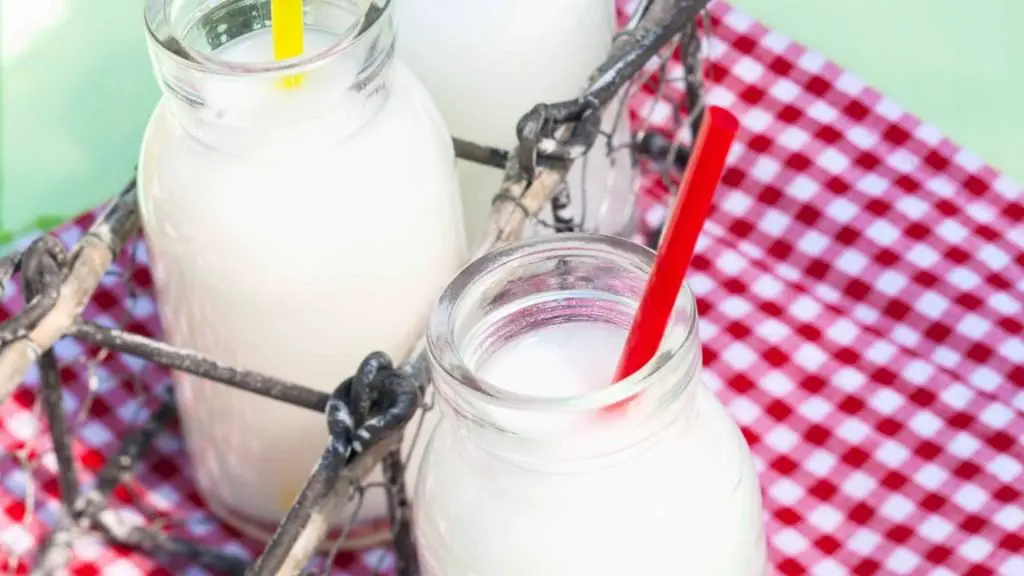
Milk is usually safe for dogs to ingest in moderation, but you should never give your dog more than about 2 tablespoons of it at a time. Be sure to limit the number of servings you give him each day. The best practice is to serve milk only once every few days or so.
If your dog is lactose intolerant, he should never have more than 2 tablespoons of milk at once. Milk can contribute to gastrointestinal issues like diarrhea and vomiting if your canine companion has this condition.
There are also some other conditions that can predispose dogs to problems when they drink cow’s milk. It’s not safe for them to drink it if they’re also experiencing:
- Obesity
- Diabetes
If you have a Chihuahua that is obese or has diabetes, you should never give your dog milk. It can cause him to gain weight and experience worse symptoms of his underlying condition.
While most dogs can drink tiny amounts of cow’s milk from time to time, it’s not a good idea to make this a regular part of your Chihuahua’s diet.
You should only give him milk if he seems to tolerate it just fine and you don’t have any concerns about his ability to digest it. If your dog starts having gastrointestinal issues or shows other signs that suggest he might be lactose intolerant, stop giving him milk immediately and contact your veterinarian.
Remember that some dogs can be allergic to dairy products, including cow’s milk. Make sure your dog isn’t experiencing any symptoms of an allergy before you give him this treat.
Final Words
If your Chihuahua does well when he drinks milk, it’s usually safe to give him small servings of it once in a while.
However, be sure to monitor your dog for any signs that suggest his system doesn’t tolerate dairy products very well. If you notice diarrhea or vomiting, immediately stop giving him milk and contact your veterinarian.
Also be sure to watch out for symptoms of allergic reactions, especially if your dog is having trouble breathing or seems like he might pass out. If you notice him starting to have a bad reaction, stop giving him milk and contact your veterinarian as soon as possible.
When in doubt about whether or not to give your canine companion milk, it’s best to skip the drink and go for a healthier treat instead.

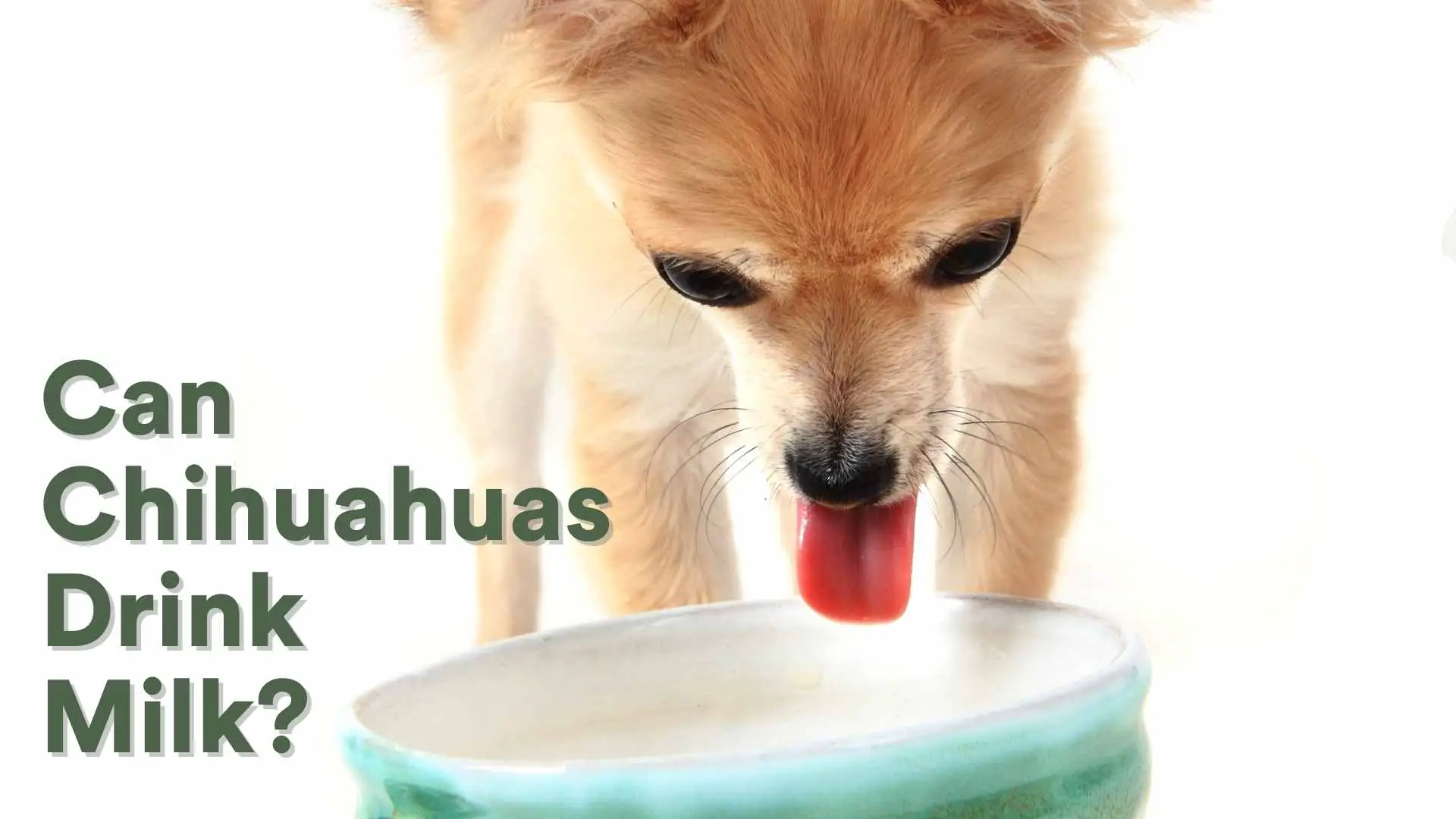
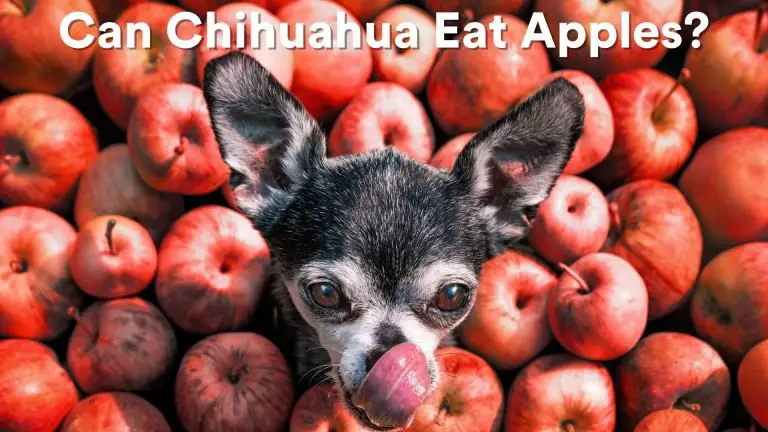
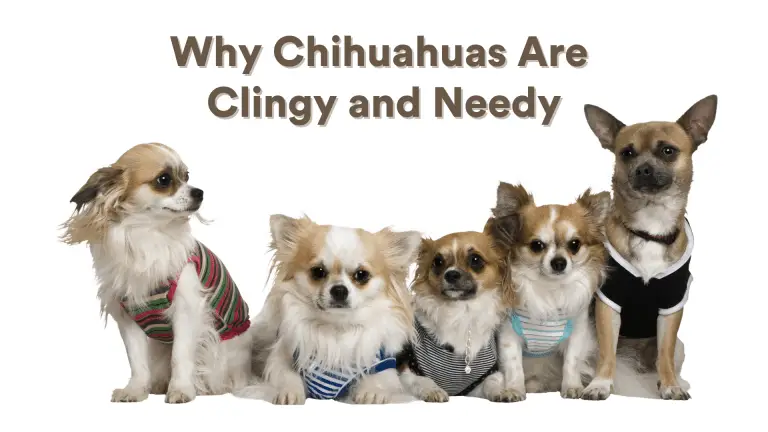
![When Should I Spay or Neuter My Chihuahua? [All you need to know!]](https://atractivopets.com/wp-content/uploads/2021/10/1-8-768x432.jpg)


